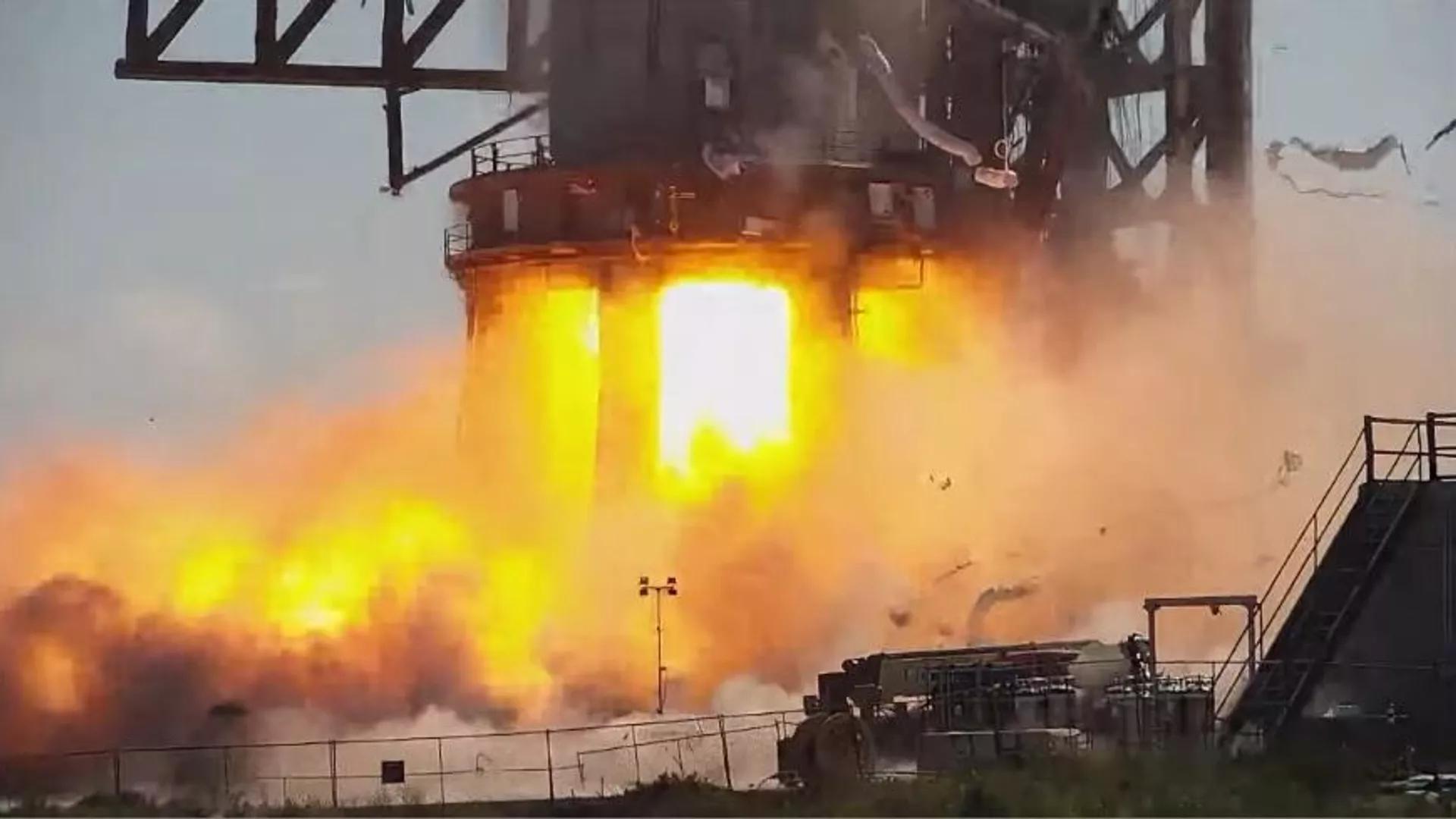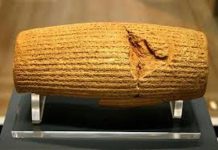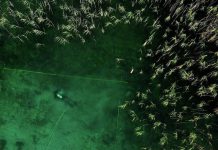Africa-Press – Namibia. The restrictions are in response to SpaceX’s April 20 flight during which it tested its 394-foot (120-meter) rocket named Starship Super Heavy. The earlier effort saw the rocket ultimately destroyed after it tumbled out of control during the launch.
The US Federal Aviation Administration (FAA) on Friday forced SpaceX’s Starship Super Heavy rocket to stay grounded, and told the company that it would need to make 63 corrections before it could undergo another test flight.
In late April, Elon Musk’s SpaceX company test launched what is meant to be the world’s largest and most powerful rocket designed to transport crew and cargo in Earth’s orbit and space. The rocket is also intended to be fully reusable.
The rocket, however, never made it into Earth’s orbit (far from it) and malfunctioned during its stage separation process and exploded, causing widespread damage and destroying the launch pad. The explosion, which occurred in Boca Chica, also left a crater in the earth, flung debris into nearby tanks and other equipment, impacted endangered animals’ habitats, and sparked a 4-acre fire on state park land.
Environmental and cultural heritage nonprofits sued the FAA as a result of the damage.
On Tuesday, Musk claimed on his social media site X (formerly Twitter) that “Starship is ready to launch, awaiting FAA license approval.”
The company will need to “implement all corrective actions that impact public safety,” the FAA said, and apply for and receive a “license modification from the FAA” that will address all of its safety and environmental regulatory requirements.
None of these corrections should come as a surprise to SpaceX, as the company had conducted its own investigation and sent that report to the FAA for a review. The administration agreed with the company’s findings, and closed the investigation.
For More News And Analysis About Namibia Follow Africa-Press






